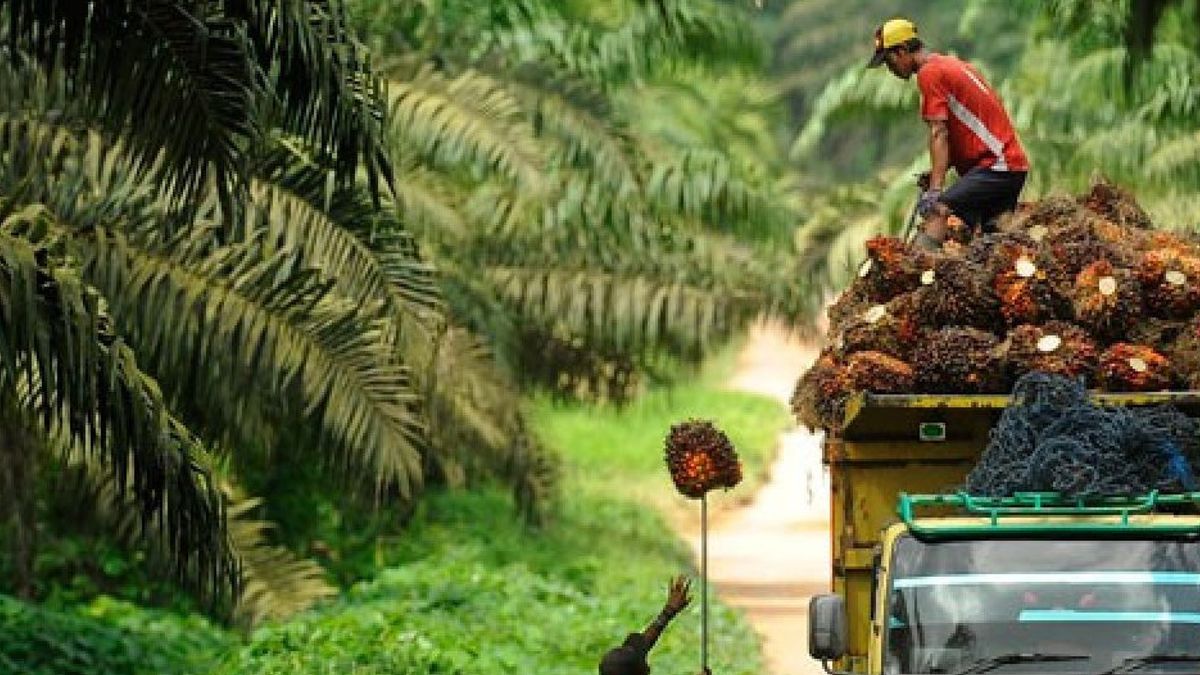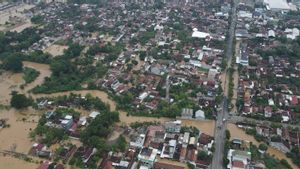JAKARTA - Indonesia as the largest palm oil producer in the world is considered to have a strategic role in supporting food and energy availability at the global level as the human population increases.
"In the context of Indonesia, palm oil is a strategic commodity that will support our nation to achieve food and energy independence," said Chairman of the Indonesian Palm Oil House (RSI), Kacuk Sumarto in Jakarta, quoted from Antara, Monday, November 18.
According to him, the world's human population is expected to increase to around 8.5 billion people (in 2030) from about 8.2 billion people (in 2024), while the United Nations (UN) predicts it will reach 10 billion in 2080.
Of course, he continued, this will also increase the number of food and energy needs. Meanwhile, the earth's carrying capacity has decreased as a result of; exploitation of excessive natural resources, use of unwise kima fertilizers and climate change. This has an impact on the ratio of food availability to decrease and food prices are increasing.
The increase in population will also have an impact on increasing human activity and in turn the need for energy will also increase, while the availability of energy originating from the stomach will decrease and be limited.
"Therefore, the development of new and renewable energy is a necessity. Moreover, the use of fossil fuels contributes to a very high impact on carbon emissions, so it must be limited in use," said Kacuk in his statement.
He emphasized that it is absolute for the state to establish a policy of food and energy independence that is not disturbed by any situation in the international world.
Seeing the condition of the existing land, he added, oil palm plantations have the most potential to support food sovereignty or independence and energy.
This considers two main things, first; palm oil can produce food and energy. Second; oil palm plantation land, covering an area of 16.8 million hectares and spread across the country, has the potential to be planted with food and energy.
SEE ALSO:
In the RSI study, he added, if oil palm rejuvenation is carried out consistently, there is at least one million hectares that allow the inter-cropping of food and energy commodities. Especially if it can be consumed locally, it will save a lot of logistics costs.
On this occasion, Kacuk explained that Indonesia's role in achieving food and energy independence will be discussed as a discussion topic in a seminar held by RSI in Jakarta, Monday, November 18.
The Seminar with the theme Reaching Food Sovereignty, Energy and Economy Through Oil Palm Plantations Towards Golden Indonesia 2045 presents a number of speakers from representatives of the government and business actors. In addition, there will also be a RSI Congress I on Tuesday 19 November.
The English, Chinese, Japanese, Arabic, and French versions are automatically generated by the AI. So there may still be inaccuracies in translating, please always see Indonesian as our main language. (system supported by DigitalSiber.id)
















